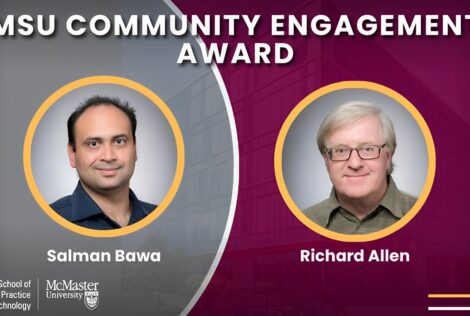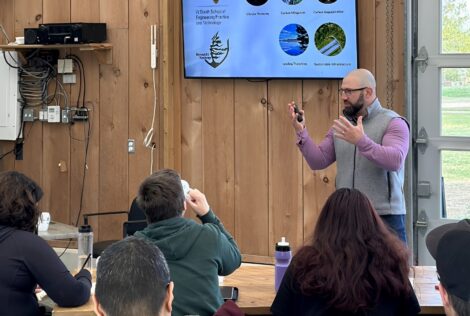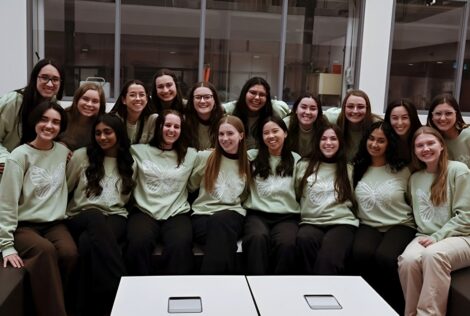
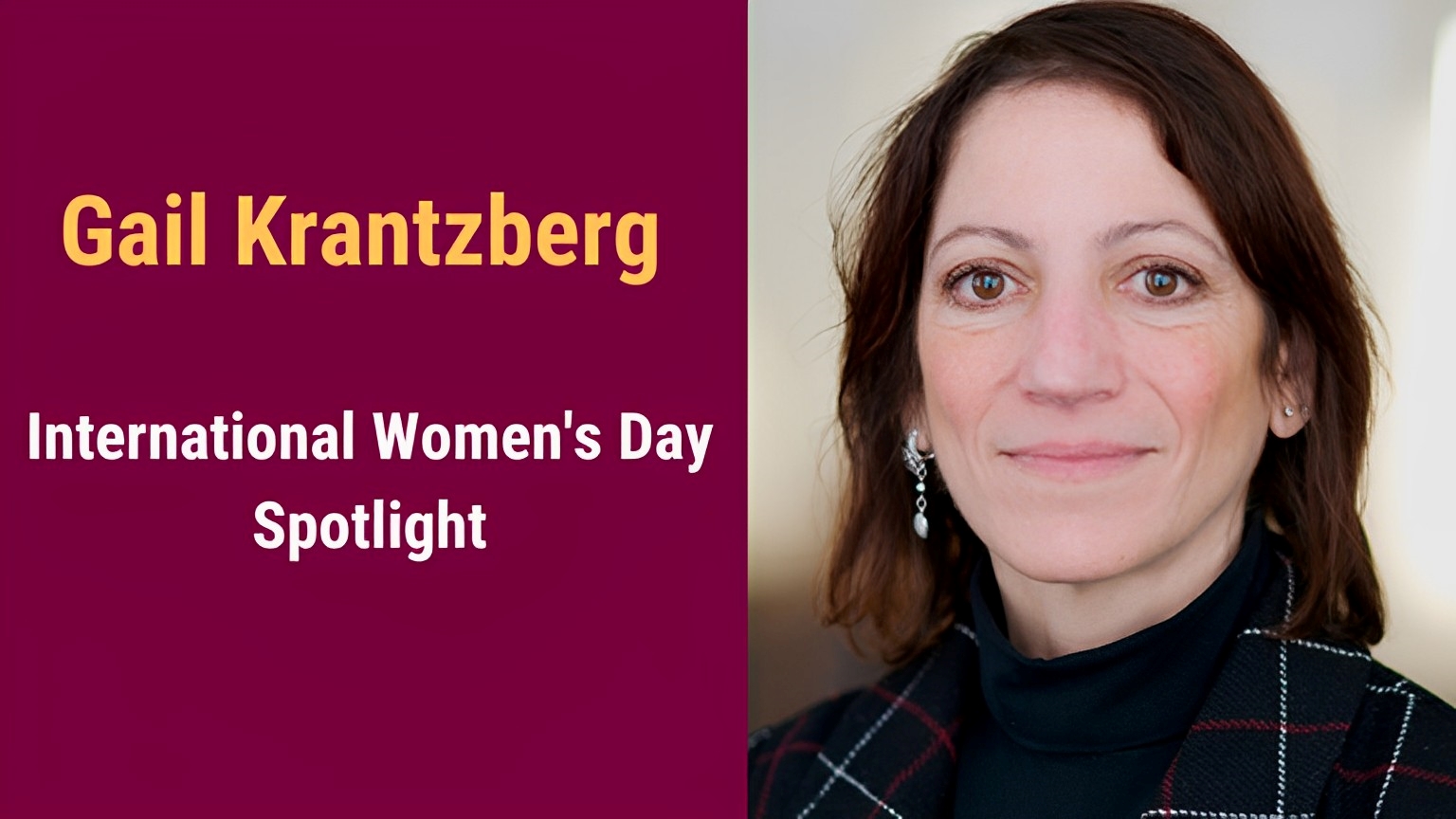
In honour of International Women’s Day, we sat down with Professor Gail Krantzberg to discuss her accomplishments, inspirations and commitment towards environmental sustainability.
In an industry dominated by men, Krantzberg is one woman who has not let gender disparity hinder her success.
An internationally recognised authority on sustainability, the Booth School’s Program Lead for the Masters of Engineering and Public Policy graduate program has 25 years of teaching experience, including 17 years at McMaster University. Krantzberg is an author and co-editor of ten books, has been published in over 200 journal articles and has held significant leadership positions including Director of the Great Lakes Regional Office, International Joint Commission. The professor is also the recipient of numerous honours including the 2007 American Biographical Woman of the Year Award and in 2022, became a Fellow of the Canadian Academy of Engineering.
Being a woman in a field dominated by men is a fact, it’s not a barrier. It has never stopped me from achieving what I want, with the respect of my colleagues, who I respect in return.
Nonetheless, Krantzberg is insistent that women deserve their flowers, not only on International Women’s Day. “Women are half of society and are the nurturers of people and plants. We must celebrate success to encourage more success.”
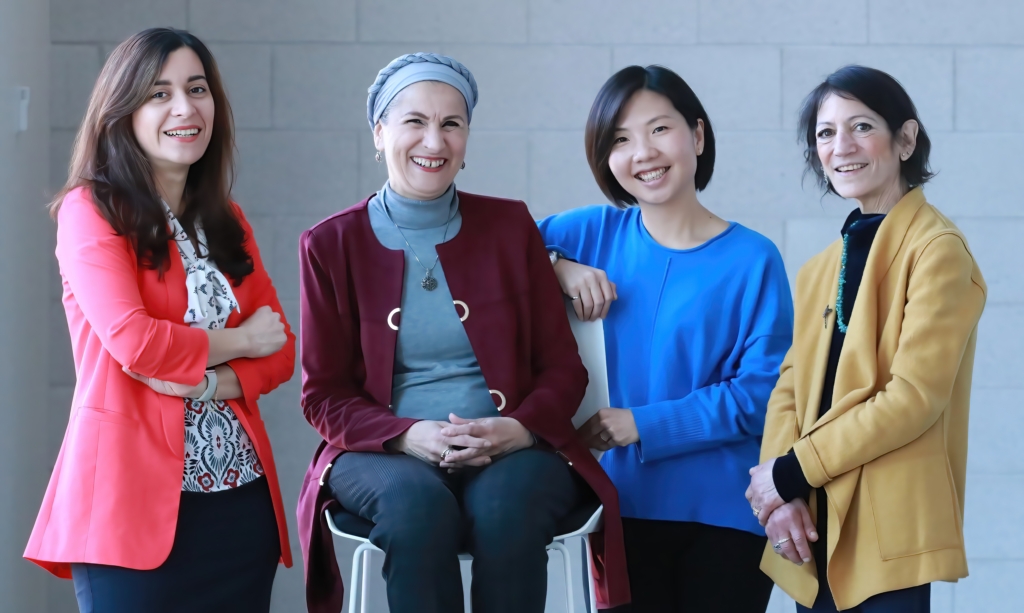
Reflecting on this year’s International Women’s Day theme: ‘DigitALL: Innovation and technology for gender equality’, Krantzberg highlights that gender neutral digital access enables equality. “For young women, such innovations can advance their education, particularly in developing countries, which means job opportunities and escape from extreme poverty.”
Despite her impressive achievements, Krantzberg prefers a more modest approach when asked to describe herself. “I am deeply connected to nature and run my life and dedicate my career to respecting all living things. I am also a scientist, policy geek, gardener, photographer, and wife to a fabulous man.”
It’s no wonder that Krantzberg alludes to nature. Environmental sustainability is at the core of everything she stands for. When questioned about her greatest achievement to date, Krantzberg cites her position as Senior Policy Advisor in the Ontario Ministry of Environment where she was able to oversee the restoration of the health of the Great Lakes in communities that were living in polluted conditions. “Having my policy innovations signed into a Canada-US Agreement respecting the Great Lakes Ecosystem was astonishing.”
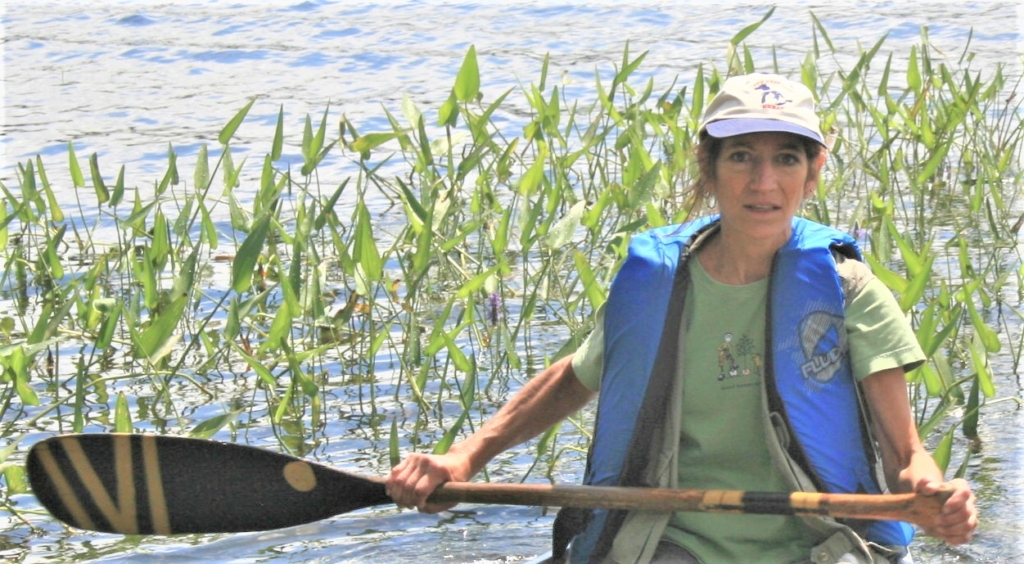
Krantzberg’s efforts to secure a sustainable future continues.
In February, she delivered the keynote presentation to over 900 participants at the 2023 virtual Invasive Species Forum. Her presentation, which discussed the link between climate change and invasive species threats, outlined the need for advancing scientific research to better predict uncertain futures, and highlighted methods to promote collaborative action and decision making.
“Social and economic integrity depend on environmental health.” Krantzberg responds, when asked why she advocates so fervently for environmental sustainability. “The future lies in optimizing ecological, economic and social systems if humans are to continue to flourish on planet earth. If we do not do this, the planet will survive, but we may not. And that is a choice we have in front of us.”
Along with sustainability, Krantzberg is devoted to teaching. She lists “seeing our student’s graduate and move onto important and influential careers” as her second greatest achievement.
When asked what she enjoys most about her current position as Program Lead, Krantzberg says “I learned how to navigate the interface of science, engineering, technology and public policy by trial and error when working in government.” She continues. “To be able to develop and deliver a program that enables students to understand this nexus and avoid years of frustration is one of the most rewarding aspects of my career.”
Negin Ficzkowski, engineer, researcher, and recent graduate of the Master of Engineering and Public Policy Design program, can testify to Krantzberg’s approach and passion for teaching, describing Krangtzberg as the “epitome of a role model.”
“Throughout my graduate studies, I took several courses taught by Gail including ‘Emerging Issues, Technology, and Public Policy’ and was impressed by her vast knowledge, experience on the topic and her dedication to provide equal opportunity for all learning styles.”
Ficzkowski continues.
“As a supervisor and mentor, Krantzberg has always driven me to excel by being attentive, providing constructive feedback, and encouraging me to explore collaborative opportunities.”
Former Booth School Administrator and Business Manager, Yvonne Maidment, who worked alongside Krantzberg from 2015- 2019, is similarly unreserved in her praise of the professor. Describing Krantzberg as “A trailblazer in her field and a champion and advocate for women in academia.”
A collaborative and multi-disciplinary leader, Krantzberg has brought a strong female perspective to the classroom and research domain and has consistently done so for decades. She embodies what it is to be a woman in STEM: she is empowering, inspiring, and ever impressive.
When questioned about her own inspirations, Krantzberg credits two women: English primatologist and anthropologist, Jane Goodall and Canadian astronaut, neurologist and McMaster Alumni, Dr. Roberta Bondar.
“Goodall dedicated her life to understanding and protecting primates in the wild and then went on to educate the world on the importance of respecting the planet.” Krantzberg continues.
“Bondar’s career as the first Canadian women in space, the first physician in space, professional wildlife photographer, doctor, and advocate for helping youth advance their careers through her foundation has been recognized by more than 20 honorary doctorates. This is inspirational.”
In fact, Krantzberg was instrumental in planning Bondar’s return to McMaster for her lecture in L.R Wilson Hall last June.
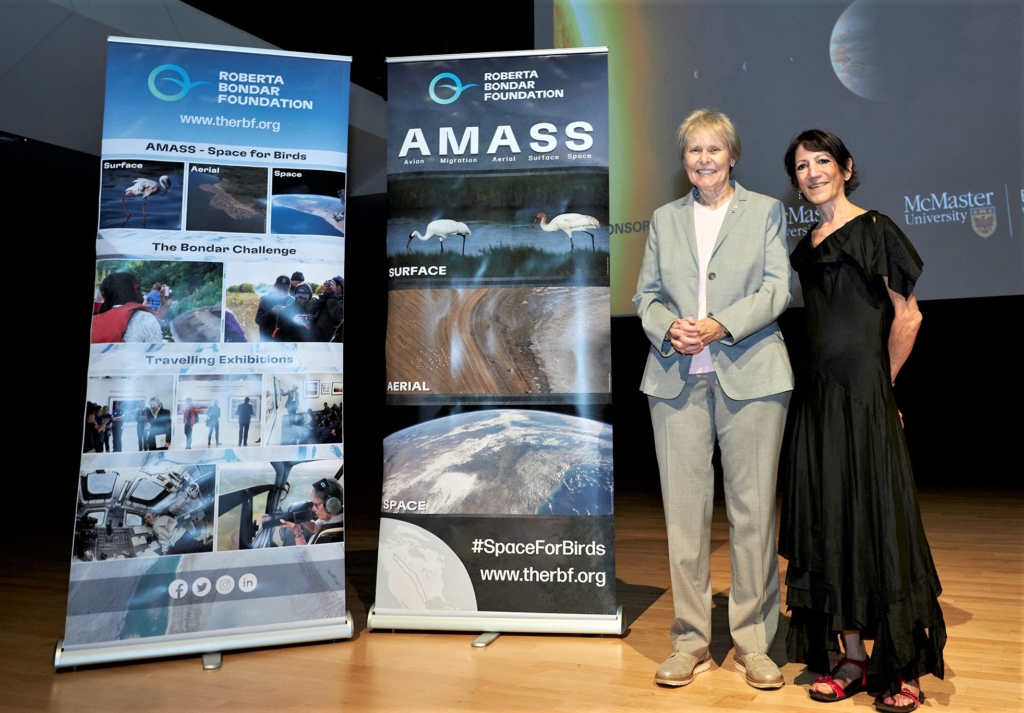
What can we expect from Krantzberg’s future? Naturally, the professor has ambitious plans around sustainability.
“From a career perspective, I would like to lead the establishment of Great Lakes Centres of Excellence where interdisciplinary teams tackle pressing problems.” Krantzberg says. “One of those centres, in my imagination, would be a place to teach society everything through a Great Lakes lens. Geography, math, science, humanities, indigenous knowledge, arts, music, sports, history, we have it all right here.”
From a personal perspective, Krantzberg intends to “explore wilderness more, learn about the clouds, stars, insect and plant diversity.” All this I might add, with her husband, whom she describes as her “deepest friend.”
As a tribute to International Women’s Day, Krantzberg offers some words of wisdom for women in engineering.
“You know who you are and what you are capable of. This will speak for itself; you need not feel you must prove anything to anyone. Your skills will shine on their own.”

